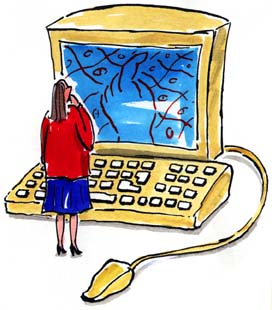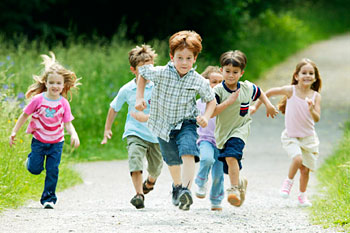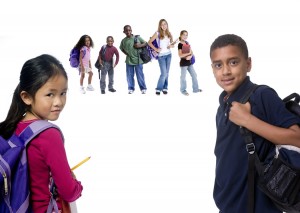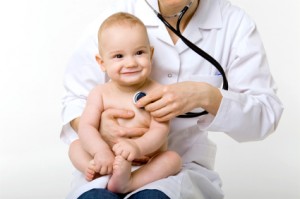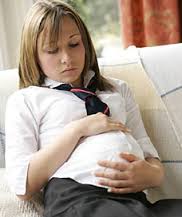 The evidence shows that high school dropouts earn less money, have poorer health outcomes and are more likely to get into legal trouble. And teenagers who are pregnant or who are parents are especially vulnerable to dropping out of school. There are hundreds of programs designed to keep teens in school. But how effective are they, especially for pregnant and parenting teens?
The evidence shows that high school dropouts earn less money, have poorer health outcomes and are more likely to get into legal trouble. And teenagers who are pregnant or who are parents are especially vulnerable to dropping out of school. There are hundreds of programs designed to keep teens in school. But how effective are they, especially for pregnant and parenting teens?
How to keep teen parents in school
Can the Use of Probiotics Effect Crying Babies?
 First off, I want to congratulate Sheri Hall on the birth of her daughter Charlotte, born on October 13th weighing in at 8 pounds 4 ounces!! Since babies have been on my mind in anticipation of Sheri’s maternity leave, a recent review about crying and colic behavior caught my eye. [Read more…]
First off, I want to congratulate Sheri Hall on the birth of her daughter Charlotte, born on October 13th weighing in at 8 pounds 4 ounces!! Since babies have been on my mind in anticipation of Sheri’s maternity leave, a recent review about crying and colic behavior caught my eye. [Read more…]
The evidence on schools and risky behavior
Midwives: Good for moms and babies
The evidence on babies, sleep and crying
 I’ve still got babies on the brain as I refresh my memory on how to care for a newborn. By the time they were two months old, my two older children were learning to sleep in their cribs. That meant letting them cry and learn to settle themselves when I knew all of their needs were met. So I was curious to read some recent media reports about the evidence on “crying-it-out.”
I’ve still got babies on the brain as I refresh my memory on how to care for a newborn. By the time they were two months old, my two older children were learning to sleep in their cribs. That meant letting them cry and learn to settle themselves when I knew all of their needs were met. So I was curious to read some recent media reports about the evidence on “crying-it-out.”
Skin-to-skin is best for newborns
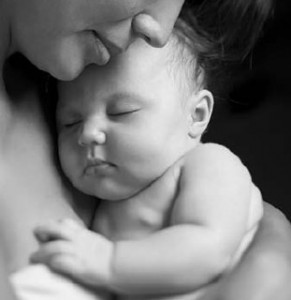 With only about 9 weeks until our third child is due, I’m starting to think once again about everything that comes along with a new baby. At a recent birth preparation class, the instructor encouraged us to look up the evidence about holding your baby skin-to-skin immediately after he or she is born.
With only about 9 weeks until our third child is due, I’m starting to think once again about everything that comes along with a new baby. At a recent birth preparation class, the instructor encouraged us to look up the evidence about holding your baby skin-to-skin immediately after he or she is born.
The evidence on music therapy
How to identify emotional abuse and neglect in preschoolers
 The evidence is clear that developing skills early-on – especially before children enter kindergarten – is essential for success later in life. Unfortunately, children face consequences throughout their lives when they do not get the support they need as babies and preschoolers. Physical and behavioral problems and delays in social and communication skills are just some of the poor outcomes. [Read more…]
The evidence is clear that developing skills early-on – especially before children enter kindergarten – is essential for success later in life. Unfortunately, children face consequences throughout their lives when they do not get the support they need as babies and preschoolers. Physical and behavioral problems and delays in social and communication skills are just some of the poor outcomes. [Read more…]
The state of preschool
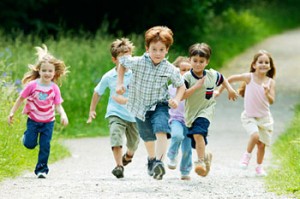 Preschool is important to children’s development – the evidence on that is clear. But since preschool is not required and often not offered by local school systems, not all families have access to quality preschool programs. [Read more…]
Preschool is important to children’s development – the evidence on that is clear. But since preschool is not required and often not offered by local school systems, not all families have access to quality preschool programs. [Read more…]
